P
Portfolio
of Websites & Stores
Idea Forge is proud to have serviced nearly 1200 businesses in the past 10 years! We have chosen a few sites to show variances of design and functionality for the portfolio below. If you want to know if we have worked with a specific industry please feel free to contact us!
P
Portfolio
of Websites & Stores
Idea Forge is proud to have serviced nearly 1200 businesses in the past 10 years! We have chosen a few sites to show variances of design and functionality for the portfolio below. If you want to know if we have worked with a specific industry please feel free to contact us!
A Sampling of Our Designs & Sites
How to Choose the Best Content Management System for Your Website
There are numerous CMS platforms available; which one should you choose? Before we get into our CMS platform comparison, here are some characteristics to search for in a good CMS.
What is a Content Management System (CMS) Platform?
A CMS platform (content management system platform) is a type of software that enables easy content management and website development. Web pages are usually written in the HTML, JavaScript, or CSS programming languages. If you were to create a website without using a content management system (CMS), you would need to learn these languages and write a significant amount of code.
CMS platforms address this issue by enabling you to create a website without having to write code or learn programming. Unless, of course, you’re hunting for a developer-friendly content management system, in which case you’re already a coder.
Convenience of usage
You want a content management system (CMS) that makes it simple to create and update content. This also entails using a drag-and-drop gui for adding various elements to the pages. You should be able to make adjustments to the material on your web quickly and easily after it is published.
Variety of Templates & Themes to work with
Your content management system (CMS) platform should provide you with a plethora of website design models to choose from. Additionally, it should allow you to quickly modify certain designs to meet your own specifications (ideally without writing code).
Portability of data
A great CMS platform should have tools that enable you to quickly export and transfer your data. For instance, you might plan to switch to a different platform or hosting provider in the future. Data portability enables you to travel about freely.
Add-ons, Plugins and Extensions
Not all CMS systems are created equal. This is why no CMS framework can possibly have all of the functionality necessary to meet the specifications of any website. Extensions and addons address this problem. These are standalone programs that you can install alongside your CMS software to enhance its capabilities and add new ones as appropriate. Consider them as extensions of the CMS network.
Support options
While CMS platforms strive to make website creation as simple as possible, you might have some questions. Determine what assistance and resources are available if you get stranded. Certain CMS providers will have a handful of frequently asked questions and a customer service team that is excruciatingly sluggish to respond. Others will have a sizable welcoming group that is available to assist you at any time of day or night.
What is the cost?
Certain content management systems are totally free. Others charge an annual subscription fee. Even with free CMS systems, third-party plugins, templates, and/or web hosting resources are often needed. Make an effort to learn as much as possible about pricing before selecting a CMS to avoid unpleasant surprises.
How to Choose the Best Content Management System for Your Website
There are numerous CMS platforms available; which one should you choose? Before we get into our CMS platform comparison, here are some characteristics to search for in a good CMS.
What is a Content Management System (CMS) Platform?
A CMS platform (content management system platform) is a type of software that enables easy content management and website development. Web pages are usually written in the HTML, JavaScript, or CSS programming languages. If you were to create a website without using a content management system (CMS), you would need to learn these languages and write a significant amount of code.
CMS platforms address this issue by enabling you to create a website without having to write code or learn programming. Unless, of course, you’re hunting for a developer-friendly content management system, in which case you’re already a coder.
Convenience of usage
You want a content management system (CMS) that makes it simple to create and update content. This also entails using a drag-and-drop gui for adding various elements to the pages. You should be able to make adjustments to the material on your web quickly and easily after it is published.
Variety of Templates & Themes to work with
Your content management system (CMS) platform should provide you with a plethora of website design models to choose from. Additionally, it should allow you to quickly modify certain designs to meet your own specifications (ideally without writing code).
Portability of data
A great CMS platform should have tools that enable you to quickly export and transfer your data. For instance, you might plan to switch to a different platform or hosting provider in the future. Data portability enables you to travel about freely.
Add-ons, Plugins and Extensions
Not all CMS systems are created equal. This is why no CMS framework can possibly have all of the functionality necessary to meet the specifications of any website. Extensions and addons address this problem. These are standalone programs that you can install alongside your CMS software to enhance its capabilities and add new ones as appropriate. Consider them as extensions of the CMS network.
Support options
While CMS platforms strive to make website creation as simple as possible, you can might have some questions. Determine what assistance and resources are available if you get stranded. Certain CMS providers will have a handful of frequently asked questions and a customer service team that is excruciatingly sluggish to respond. Others will have a sizable welcoming group that is available to assist you at any time of day or night.
What is the cost?
Certain content management systems are totally free. Others charge an annual subscription fee. Even with free CMS systems, third-party plugins, templates, and/or web hosting resources are often needed. Make an effort to learn as much as possible about pricing before selecting a CMS to avoid unpleasant surprises.
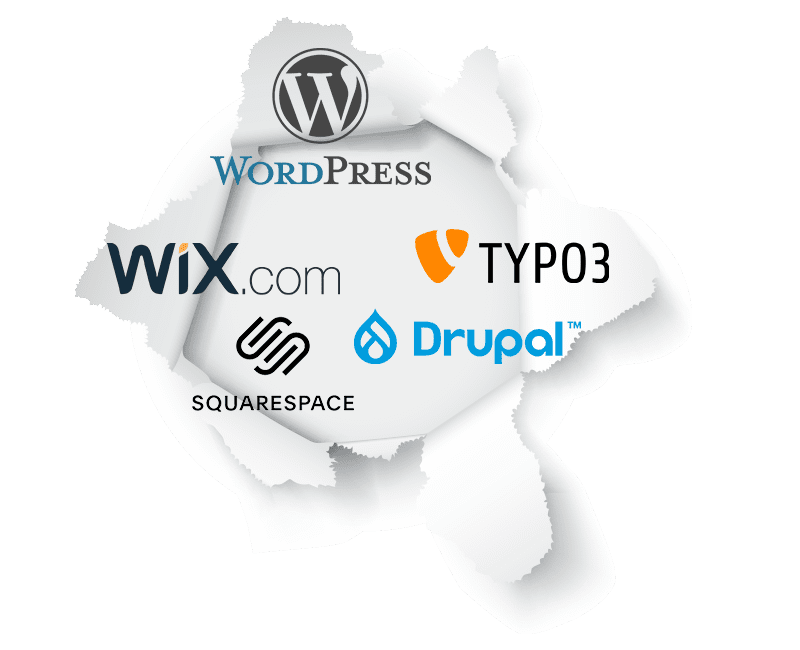

Testimonials
Eric and his team really know their stuff. The website that they created was not only good looking, it was functional and user friendly. Eric was always easy to get a hold off to make any changes and great to work with. I was impressed with how knowledgeable they were in all the ways that a website can be enhanced through search optimization and social media. I highly recommend Idea Forge Solutions for all of your web needs.
I shopped around for a couple different companies to design my website and logo and stumbled across ideal forge and boy am sure glad I did. I really cannot say enough about this group. Eric’s and his team did a fantastic job on the website and nailed my new company logo on the second draft. Great People.
Testimonials
Eric and his team really know their stuff. The website that they created was not only good looking, it was functional and user friendly. Eric was always easy to get a hold off to make any changes and great to work with. I was impressed with how knowledgeable they were in all the ways that a website can be enhanced through search optimization and social media. I highly recommend Idea Forge Solutions for all of your web needs.
I shopped around for a couple different companies to design my website and logo and stumbled across ideal forge and boy am sure glad I did. I really cannot say enough about this group. Eric’s and his team did a fantastic job on the website and nailed my new company logo on the second draft. Great People.

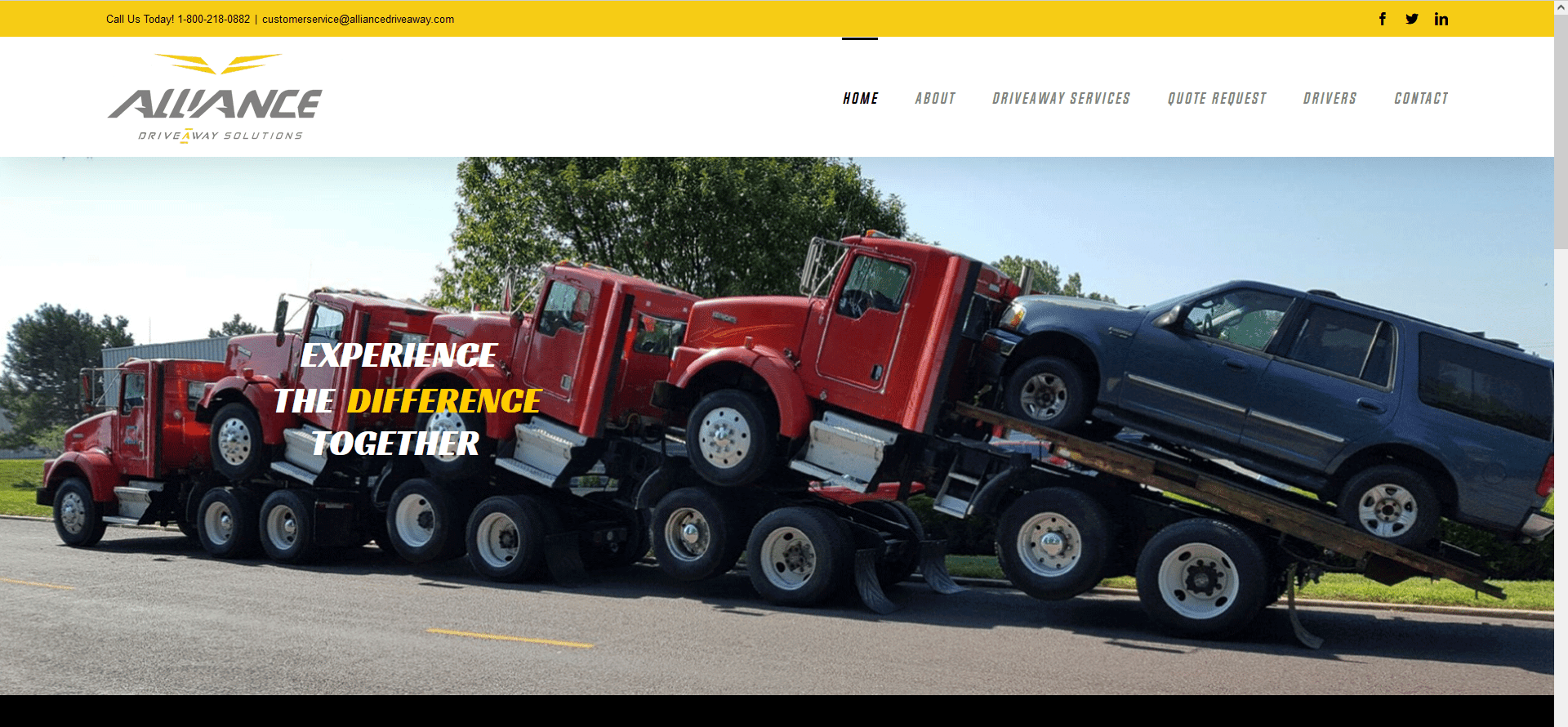

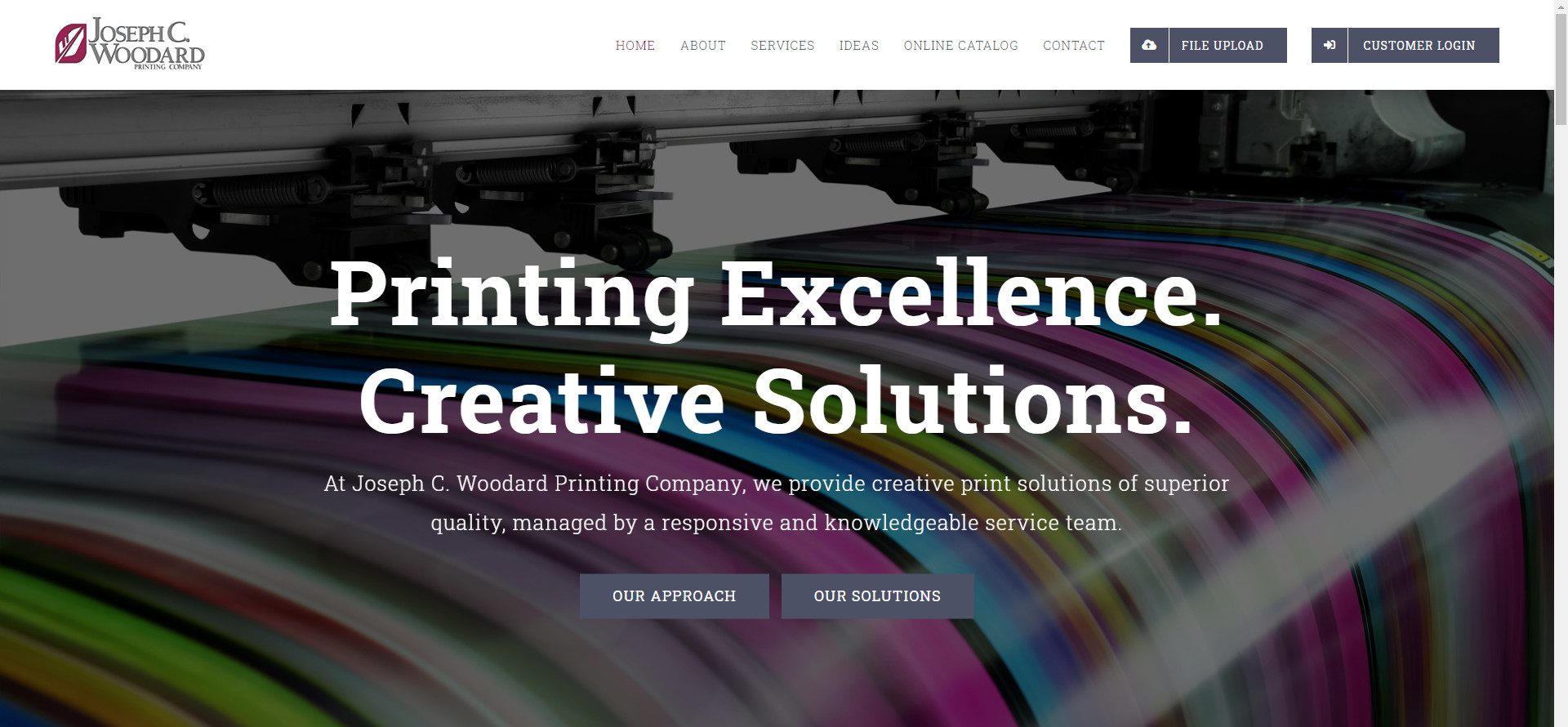
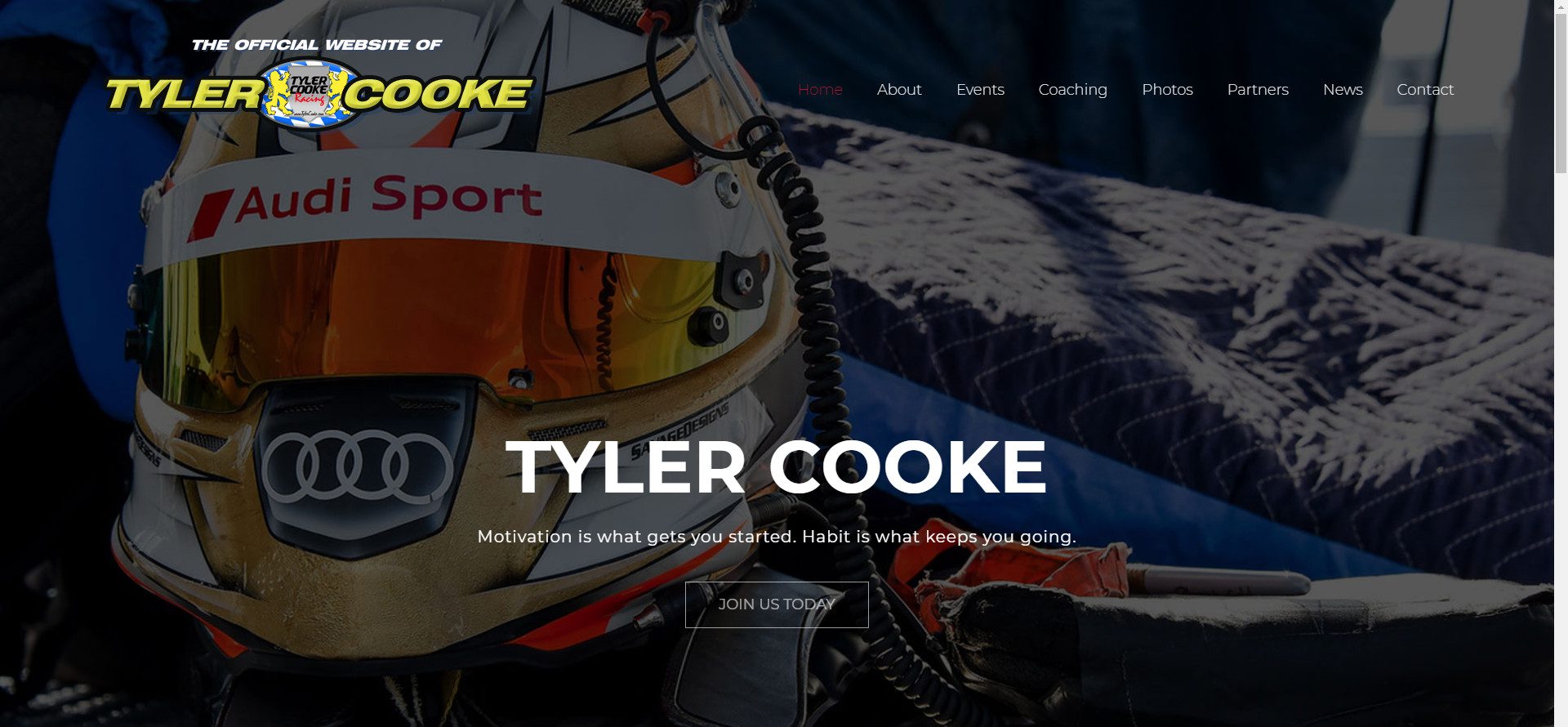
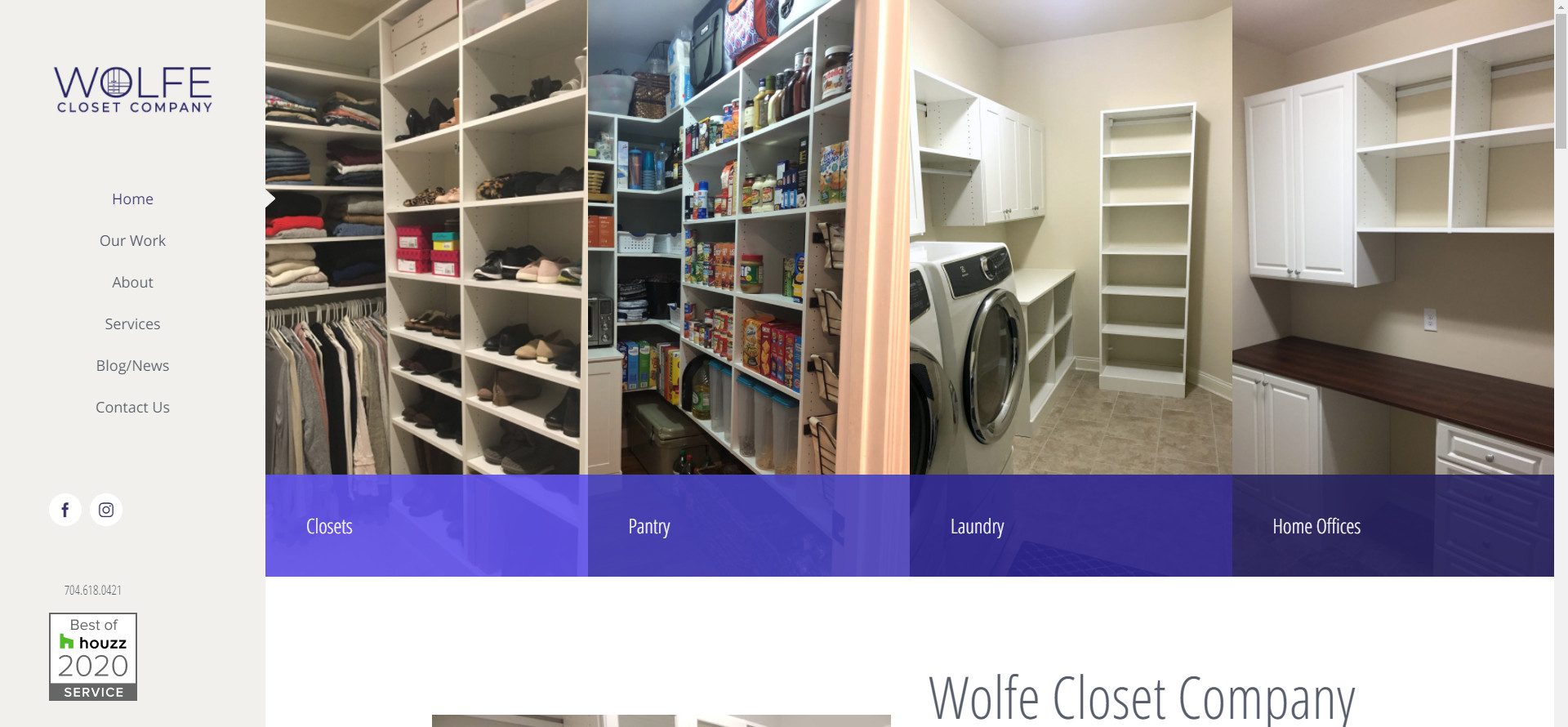
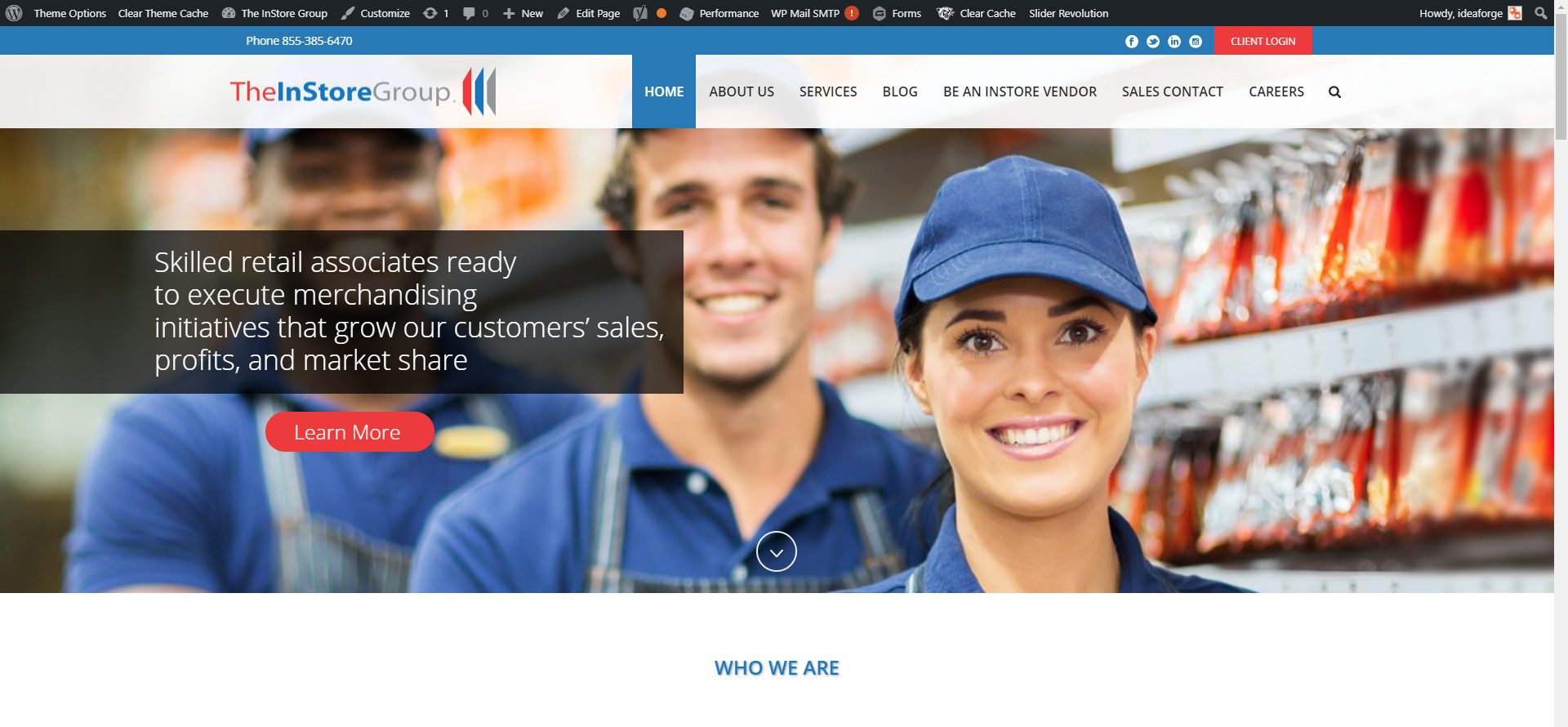

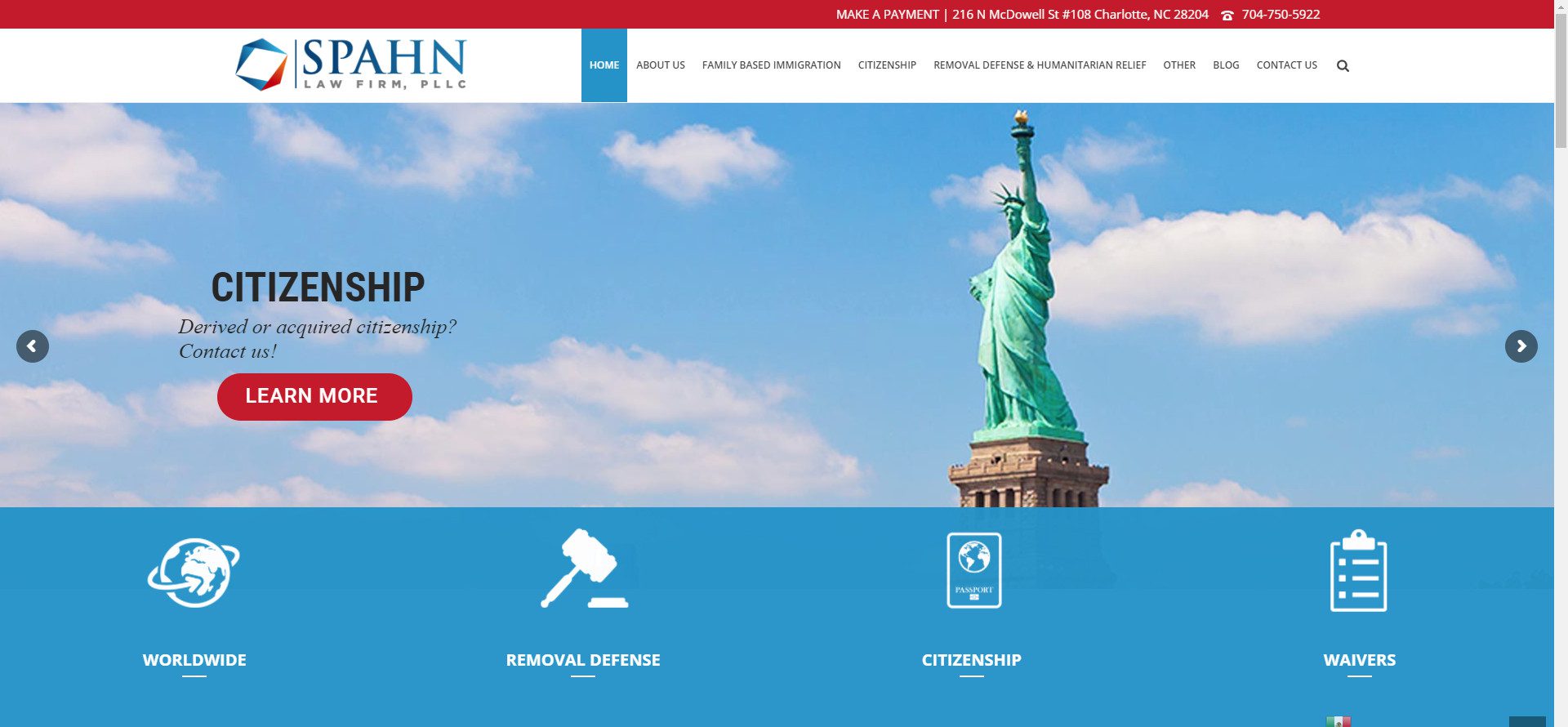

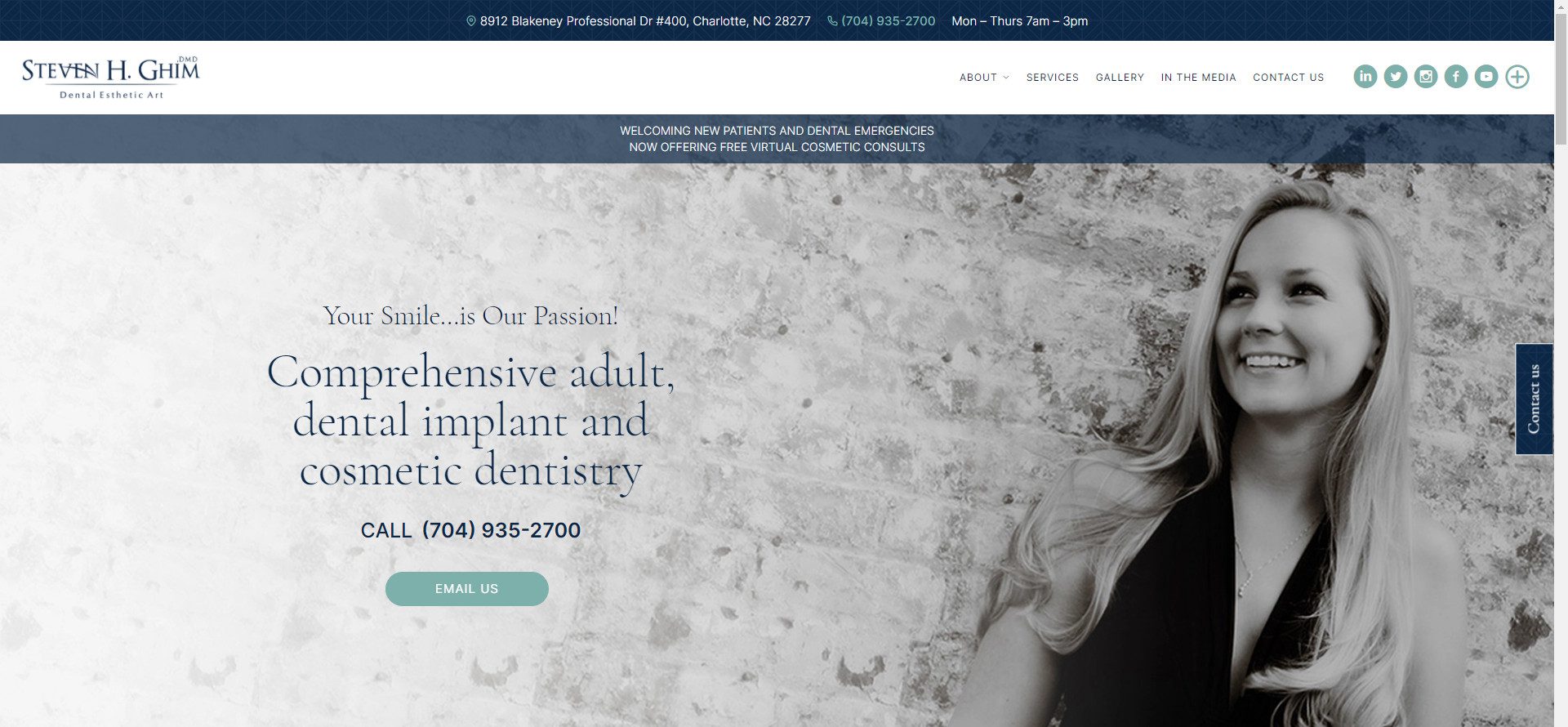
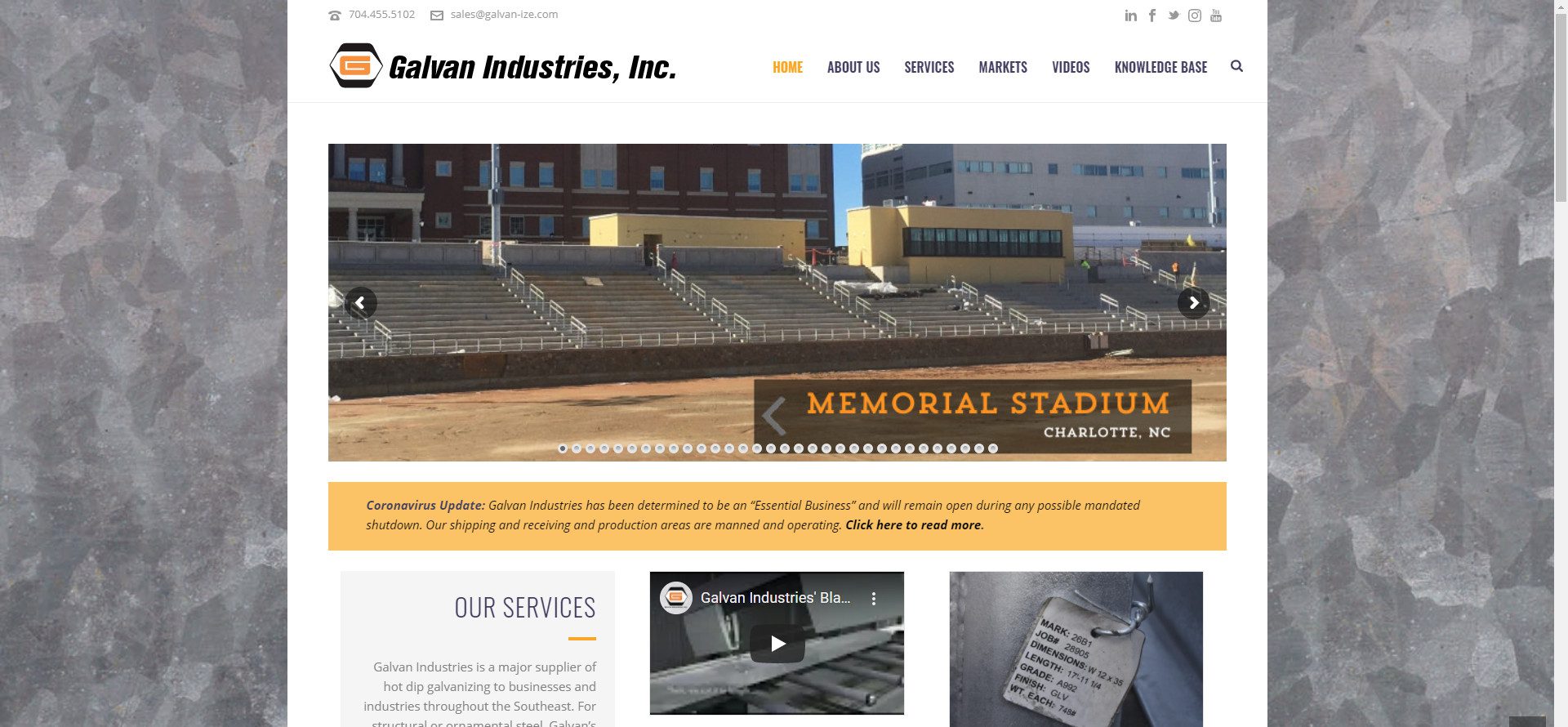
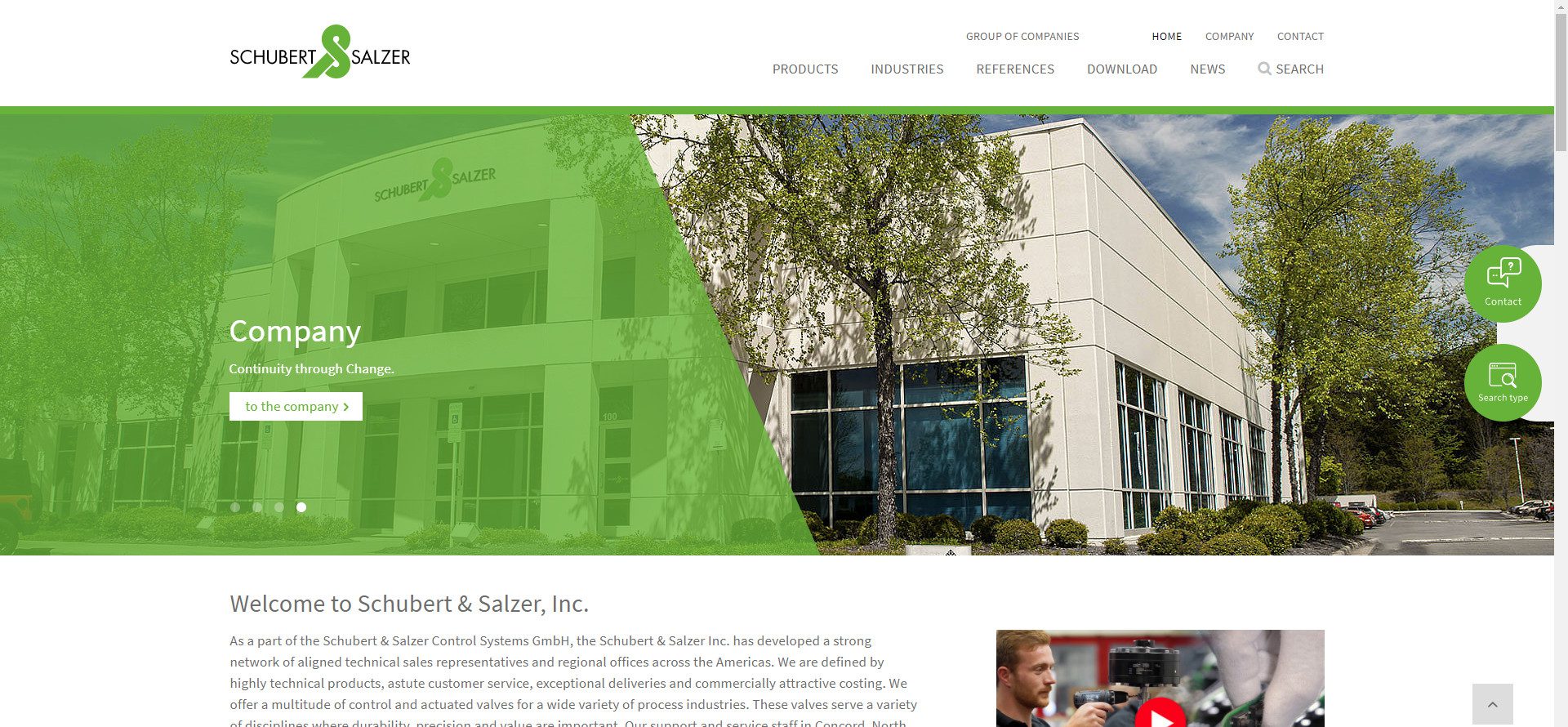
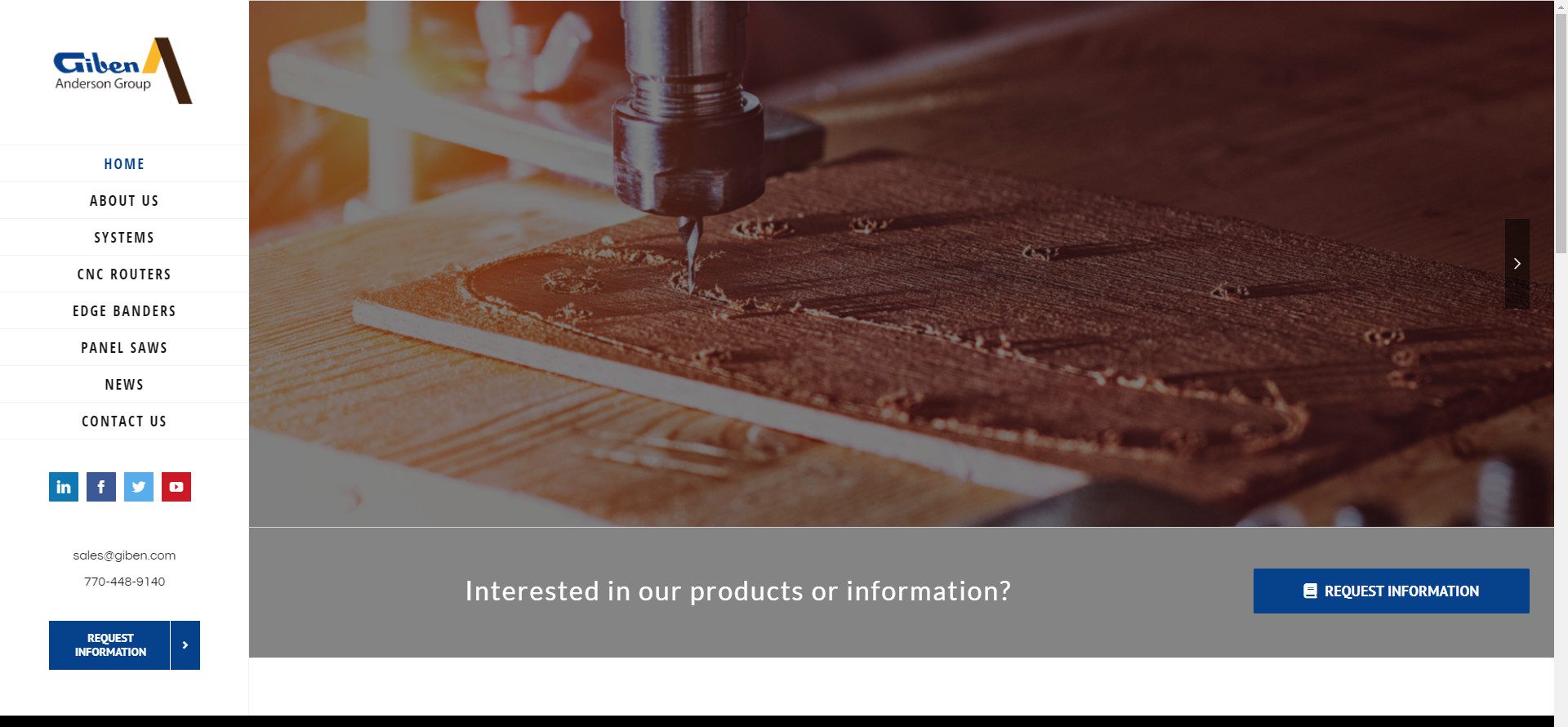


Get Social